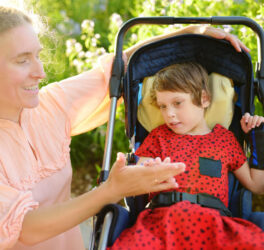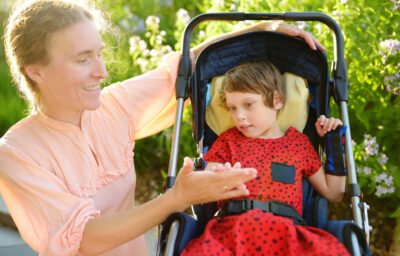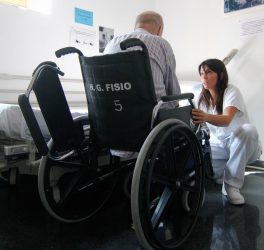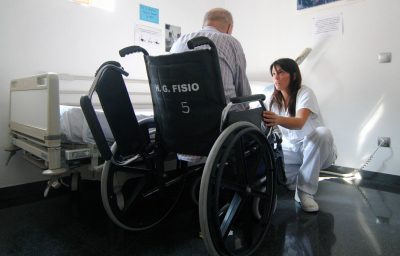
When people become stressed, their bodies can respond by sweating. Now, researchers at the University of Missouri are monitoring how much adolescents severely affected by autism sweat in order to better understand when behavioral issues, such as aggression, are likely to occur.
Bradley Ferguson analyzed the stress levels of eight adolescents who are severely affected by autism at The Center for Discovery, a residential facility in New York. Using wrist and ankle monitors, Ferguson found that there was a rise in the body’s electrodermal activity — which results from increased levels of sweat — 60% of the time before an individual showed behavioral issues.
“A spike in electrodermal activity is telling us that the individual’s body is reacting physiologically to something that is stressful, which could be their internal state, something in the environment, or a combination of the two,” said Ferguson, assistant research professor in the departments of health psychology, radiology and the Thompson Center for Autism and Neurodevelopmental Disorders. “If parents or caregivers are notified ahead of time that their child’s stress levels are rising, they might have a chance to intervene and de-escalate the situation before problem behaviors occur.”
“Individuals who are severely affected by autism are often unable to verbally communicate their discomfort when they become stressed,” Ferguson said. “However, their body still responds to stressors just like anyone else. Therefore, being alerted of increases in electrodermal activity can allow parents and caregivers to intervene prior to engagement in problem behavior with the goal of ensuring the health and safety of those involved.”








